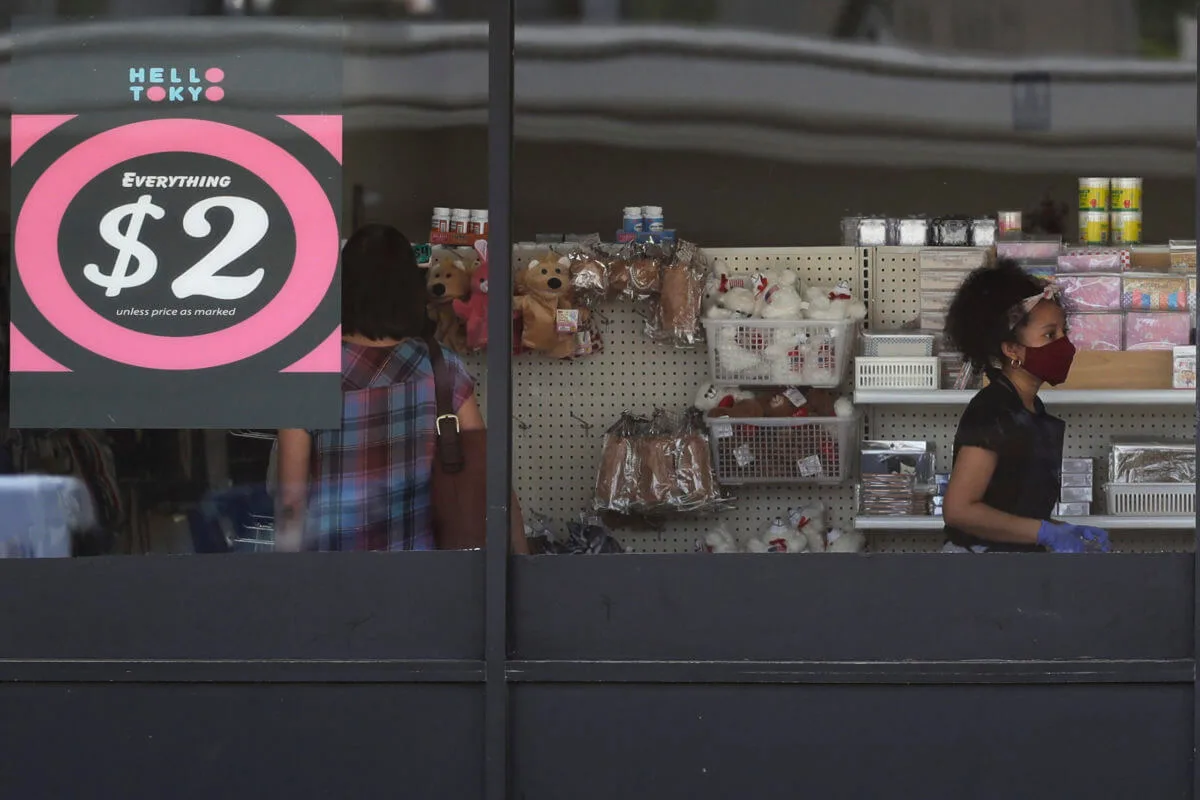
#image_title
Lower-income childless adults would also have access to a basic health plan if the proposal could pass the Legislature.
Wisconsin would establish an online public marketplace for health insurance—as authorized in 2010’s Affordable Care Act (ACA) for groups of 50 or fewer employees—and expand eligibility for BadgerCare, or Medicaid, under a proposal unveiled Monday by Democratic lawmakers.
It would provide childless adults with the option of a basic health insurance plan through BadgerCare—the state’s name for Medicaid—if their income is between 133% and 200% of the federal poverty line. Wisconsin currently cuts off access to BadgerCare if they make anything above the poverty line, about $14,000 per year for a single person.
“Many folks living just above the federal poverty line are uninsured or under-insured or pay for health care coverage they often cannot afford to utilize,” said Rep. Supreme Moore Omokunde (D-Milwaukee). “And when private health insurance companies continually raise their costs, these are the people who suffer most.”
The bill is supported by two progressive interest groups: Main Street Alliance, which bills itself as a small-business alternative to Wisconsin Manufacturers and Commerce—and Citizen Action of Wisconsin, a statewide network of local grassroots organizers.
Wisconsin remains one of only 12 states to not expand Medicaid coverage to people making up to 138% of the federal poverty line, or less than $19,000 per year. That provision of the ACA has been blocked for a decade while Republicans control the Assembly and state Senate, preventing an estimated 91,000 people in Wisconsin in lower-income households from getting coverage and costing state taxpayers $1.6 billion in lost federal aid during the current 2021-23 state budget period.
Expanding Medicaid is extremely popular, with 70% support in Wisconsin polls.
With the Wisconsin Legislature wrapping up its 2022 session, bills that are introduced now are designed less for actual passage and more to stake out a position with November voters—showing them what could be proposed next year, depending on election results. For legislative Democrats, one of those positions is that small-business workers and lower-income childless adults should not go with poor or no health insurance coverage.
Sen. Chris Larson (D-Milwaukee) noted the state’s projected $3.8 billion budget surplus and another $1.7 billion in a “rainy day fund” defeat a typical Republican reason to oppose the plan—that the state can’t afford to cover the cost of coverage if federal aid disappears.
“We’re out of excuses,” he said. “In a sane world, this bill would be the conservative solution. Instead, we have two political parties—the Democratic Party, which views health care as a right, and the Republican Party, which sued to block pandemic protections and would rather make people pee in a cup to prove they deserve health care rather than work to expand coverage to everyone.”
The Democrats’ news conference introducing the legislation also included comments from small-business owners including Patrick DePula, who owns Salvatore’s Tomato Pies restaurant chain in Madison. According to a report by Wisconsin Public Radio, DePula said proposals like this help small businesses stay competitive. “In order to get working families back into the workforce, we need to be able to compete with larger employers in Wisconsin.”
Support Our Cause
Thank you for taking the time to read our work. Before you go, we hope you'll consider supporting our values-driven journalism, which has always strived to make clear what's really at stake for Wisconsinites and our future.
Since day one, our goal here at UpNorthNews has always been to empower people across the state with fact-based news and information. We believe that when people are armed with knowledge about what's happening in their local, state, and federal governments—including who is working on their behalf and who is actively trying to block efforts aimed at improving the daily lives of Wisconsin families—they will be inspired to become civically engaged.


Opinion: Many to thank in fair maps victory for Wisconsinites
On February 19, 2024, Governor Tony Evers signed into law new and fair state legislative maps, bringing hope for an end to over a decade of...

Opinion: Empowering educators: A call for negotiation rights in Wisconsin
This week marks “Public Schools Week,” highlighting the dedication of teachers, paras, custodians, secretaries and others who collaborate with...

Op-ed: Trump’s journey from hosting The Apprentice to being the biggest loser
Leading up to the 2016 election, Donald Trump crafted an image of himself as a successful businessman and a winner. But in reality, Trump has a long...

Not just abortion: IVF ruling next phase in the right’s war on reproductive freedom
Nearly two years after the US Supreme Court overturned Roe v. Wade, another court is using that ruling to go after one of the anti-abortion right’s...





